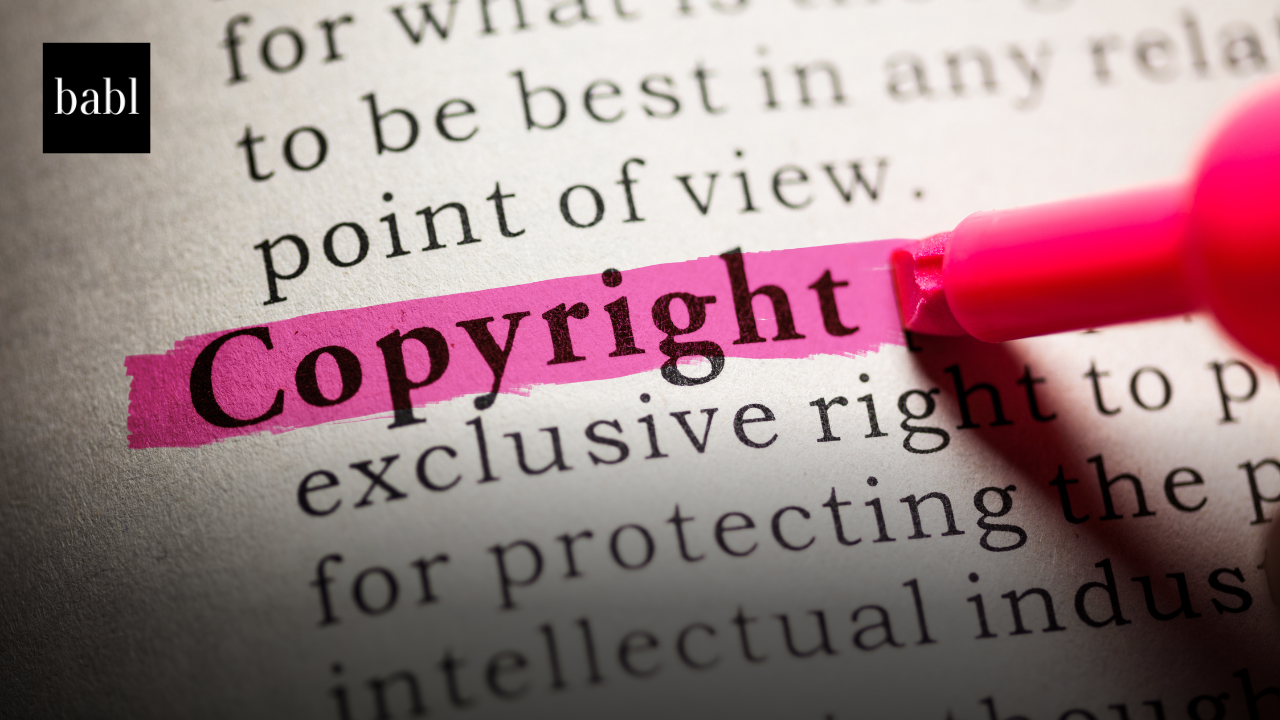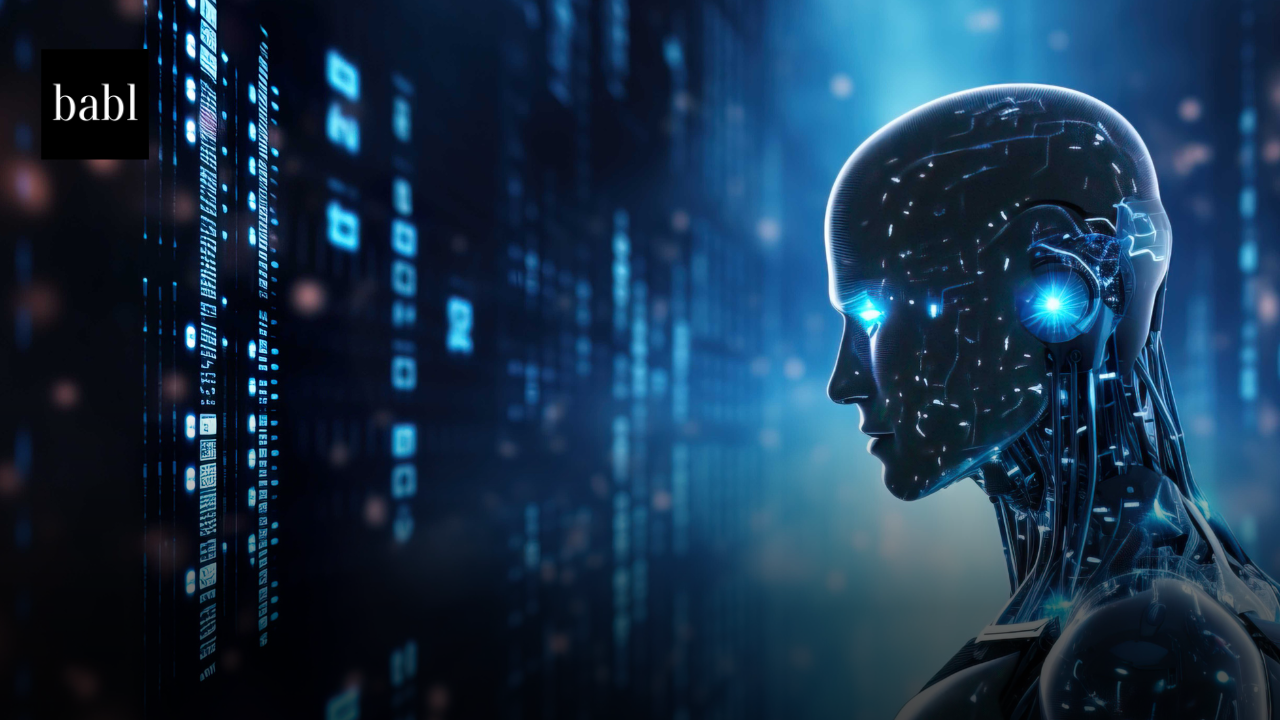UPDATE — SEPTEMBER 2025:
The UK government’s consultation on AI and copyright, which closed on 25 February 2025, has now progressed into a review and policy-shaping phase:
-
Government Response (June 2025): The UK Intellectual Property Office (IPO) released a summary of responses. Creators and publishers overwhelmingly opposed broad copyright exceptions for AI training. AI developers argued for clearer safe harbors and a workable data-mining regime to preserve competitiveness.
-
No Broad Exception: The government confirmed it will not revive a broad text-and-data mining exception. Instead, it will pursue targeted solutions that balance creator protections with responsible AI use.
-
Licensing and Standards: Work has begun with collecting societies, publishers, and AI companies on licensing models and metadata-based rights reservation tools. A technical standards group will be convened by late 2025.
-
Transparency: Ministers signaled interest in requiring AI developers to disclose training datasets and acquisition methods, though industry raised concerns about trade secrets.
-
AI-Generated Works: The government acknowledged criticism of Section 9(3) of the Copyright, Designs and Patents Act, which grants copyright to “computer-generated works.” A review is underway, but repeal has not yet been enacted.
-
Digital Replicas: Officials continue exploring whether individuals need stronger rights against unauthorized AI-created likenesses or voices.
-
International Context: UK policymakers stressed alignment with EU and U.S. approaches, aiming to avoid regulatory divergence that could undermine competitiveness.
No legislation has been introduced to Parliament, and existing copyright law remains unchanged.
ORIGINAL NEWS STORY:
UK Government Launches Consultation on AI and Copyright Framework
The UK Government has opened a public consultation to address the challenges and opportunities posed by the intersection of artificial intelligence (AI) and copyright law. The initiative seeks to establish a balanced framework that supports innovation in AI while safeguarding the rights of creators and the creative industries.
The consultation highlights the UK’s dual strengths in the creative and AI sectors. The government emphasizes that achieving legal clarity and fostering collaboration between these industries is essential for the nation’s economic growth and global competitiveness.
The UK’s creative industries, including music, publishing, and film, contribute £124.8 billion annually to the economy. At the same time, the AI sector represents a transformative opportunity, with the potential to unlock productivity gains of up to 1.5 percentage points annually, according to the International Monetary Fund. However, unresolved legal issues around copyright and AI training data risk stifling investment and innovation.
Creators argue that AI models often use their work without permission, while AI developers face uncertainty about how copyright law applies to their activities. These disputes have led to stalled investment in AI development within the UK and a reliance on training models in jurisdictions with more permissive or clearer rules.
Three Approaches to Address AI Challenges
The government is seeking input on a proposed three-pronged approach to address these challenges:
- Enhanced Transparency
AI developers would be required to disclose the sources of training data and the methods used to acquire it. This measure aims to build trust between creators and AI firms, ensuring creators understand how their works are utilized.
- Data Mining Exception with Rights Reservation
A new legal mechanism would allow creators to reserve their rights explicitly, preventing the use of their works for AI training without a license. The proposal balances the need for creators to retain control and receive remuneration with AI developers’ need for broad access to high-quality data.
- Licensing Frameworks and Technical Standards
The government proposes supporting collective licensing models and standardized rights reservation protocols to streamline agreements between creators and AI firms. Tools like metadata-based rights reservations and more granular web crawler controls are also under consideration.
Copyright Protections
The consultation also tackles complex questions about AI-generated content. Current UK law provides copyright protection for computer-generated works without a human author, but this provision has faced criticism for its lack of clarity and limited practical application. The government is seeking views on whether to reform or repeal these protections.
Digital Replicas
Additionally, concerns over “digital replicas” created using AI—such as deepfake images or synthesized voices—are being addressed. The government plans to explore whether individuals need stronger rights to control the use of their likeness in AI-generated content.
Consultations
The consultation invites responses from creators, AI developers, and the public to shape a framework that fosters mutual growth. Ministers acknowledge that success will require both policy and technical innovation, as well as close collaboration between stakeholders.
The consultation will run until February 25, 2025, with responses used to inform future legislative and regulatory actions.
Need Help?
If you’re wondering how the UK’s AI laws, or any other government’s laws or bills around the world, could impact you, don’t hesitate to reach out to BABL AI. Their Audit Experts are ready to provide valuable assistance while answering your questions and concerns.





